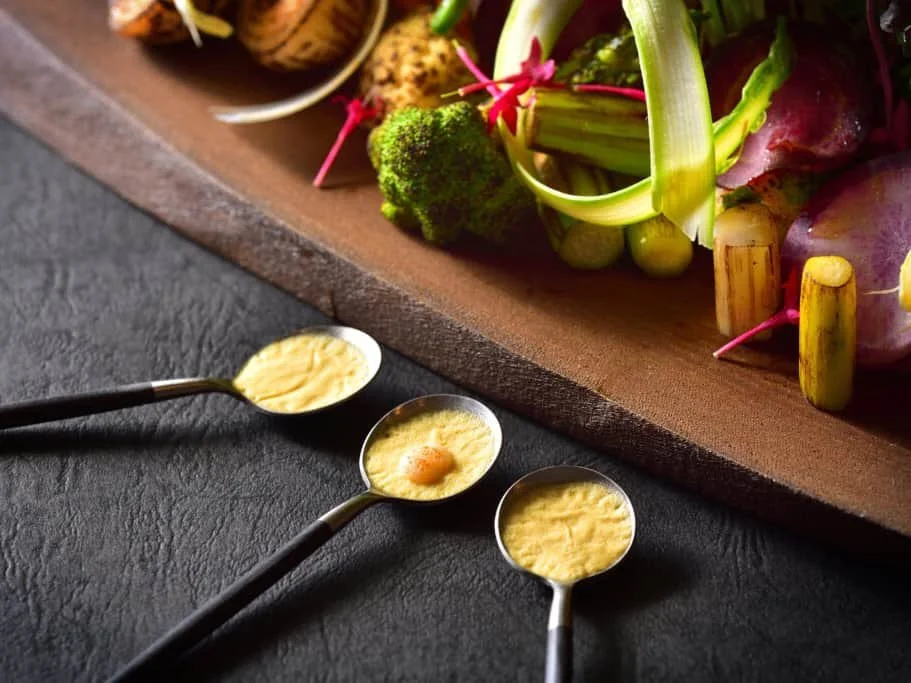Introducing Fungi-Based Foie Gras
Activists have long opposed foie gras for its cruel method of relentlessly force-feeding geese to fatten up their livers. Now, food entrepreneurs are searching for solutions to save birds from this horrific trade - and one of the leading answers could lie in fungi.
Foie gras has repeatedly come under fire for its cruel production methods, in which geese and ducks are force-fed - often through tubes inserted in their throats - until their livers become unnaturally engorged.
Several countries across Asia and Europe have banned the production of the controversial product, with U.S. lawmakers also moving to restrict the dish in New York City and California.
Now, in efforts to provide a cruelty-free solution, one fermented meat specialist is turning to fungi, or more specifically mycelium, which is derived from the roots of mushrooms.
California-based, The Better Meat Co., plans to introduce an analog of its foie gras, made from its mycelium-derived Rhiza protein, to restaurant menus this spring, according to the company’s co-founder and CEO Paul Shapiro.
“Because it is so controversial, and because it has been the subject of litigation and legislation throughout the world, it makes sense for us to create a version so that people who enjoy eating foie gras can experience that same joy without all the suffering,” Shapiro told Food Dive.
According to Shapiro, Better Meat's mycelium foie gras can be used as a mousse and pâté. The price has not yet been revealed, but he did note that it would be more affordable than its animal-based counterpart, which can sell for more than $50 per pound.
Another imminent foie gras alternative has been developed by Prime Roots. Their vegan foie gras uses mycelium from Koji - the same fungi used to make products such as miso and soy sauce - and is set to launch in U.S. supermarkets and restaurants this year, according to its website.
Credit: IntegriCulture
Meanwhile, cell-based companies including Japanese startup IntegriCulture and French startup Gourmet, are also racing to create cultivated foie gras. Made from duck stem cells and grown in vitro in large stainless-steel tanks known as bioreactors, this cell-based pâté is completely slaughter-free while being indistinguishable from the real thing. Both IntegriCulture and Gourmet expect to release their products once they receive regulatory approval.
We Have A Favor To Ask…
Species Unite amplifies well-researched solutions to some of the most abusive animal industries operating today.
At this crucial moment, with worldwide momentum for change building, it’s vital we share these animal-free solutions with the world - and we need your help.
We’re a nonprofit, and so to keep sharing these solutions, we’re relying on you - with your support, we can continue our essential work in growing a powerful community of animal advocates this year.
More stories:
Species Unite
A collection of stories of those who fight the good fight on behalf of animals.






Meat giant JBS USA misled consumers with fake sustainability claims to boost sales, the lawsuit alleges.